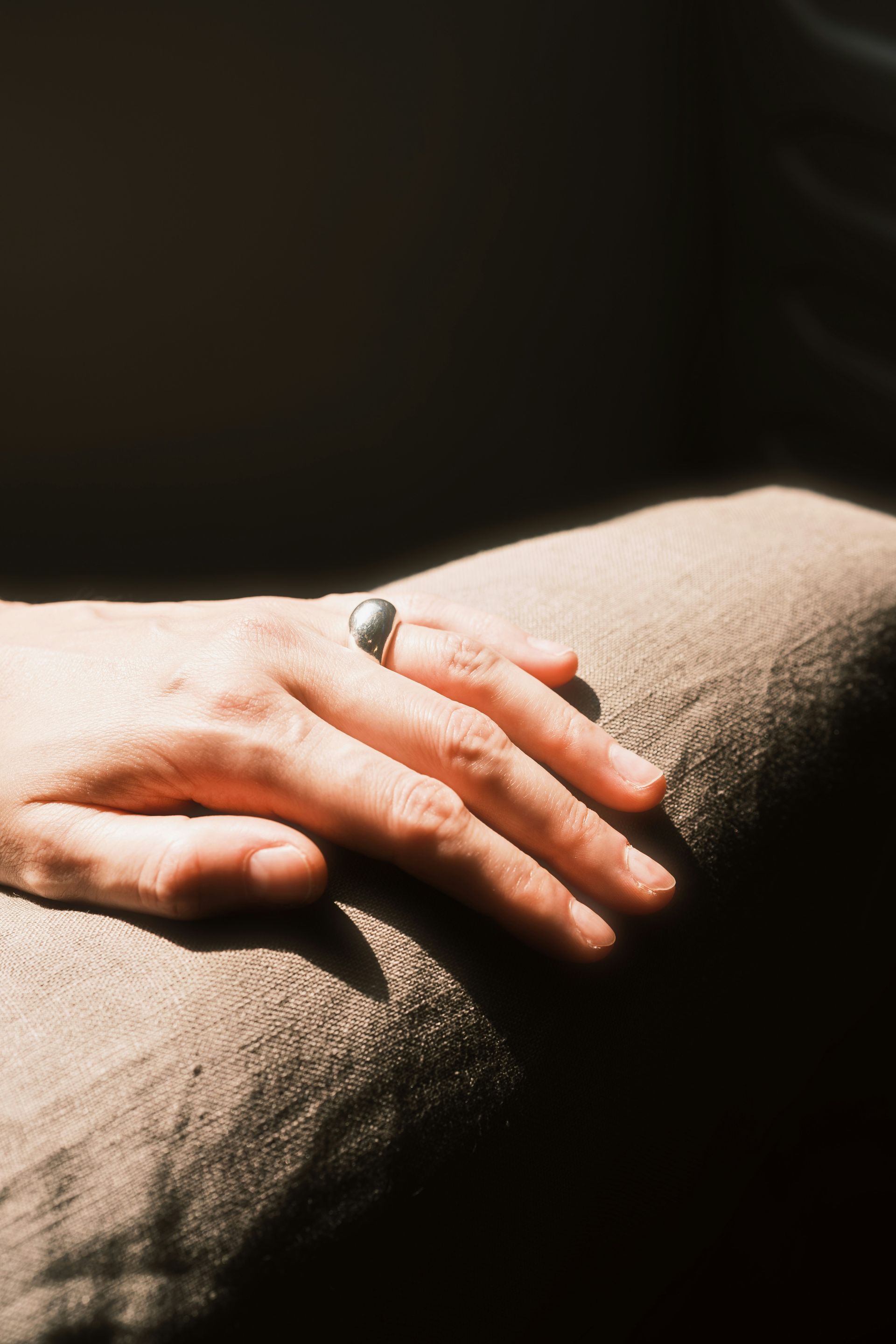Is your emotional credit card maxxed out?
Feeling totally worn out? Racing away from another emotional pressure point?

If you are listening intensely to others and regularly offering empathy to your peers or family, this may apply to you.
You may not understand why, but the phrase I use is – your emotional credit card is maxxed out! Similarly to a physical credit card that has reached its limit, there is no more spending until the debt is paid down – and haven’t we all had experience of that!
My way of looking at this is to more actively consider your imagination; are you taking care of it so that it is not filled up with everyone else’s visions and creativity? Similarly to dress style, when we simply copy others, our own self feels limited or maybe even fake. Too much being inauthentic can actually lead to a sense of our loss of self and this is such an intangible that it’s hard to see and we really have to create strategies to work against this.
Perhaps you’ve come across those early negative teachers, as I did, who announced in High School art class that nothing was original. In hindsight, now that I’m a therapist, I have a feeling that it was her own dashed dreams that she was commenting on as she was a high school art teacher, rather than perhaps being a practising artist. But as people like Julia Cameron now teach in The Artist’s Way it is about reclaiming our creative energy from some of those earlier naysayer experiences, and allowing a sense of the creative to infuse our being.
On the positive side, when we actually spend time nurturing our originality and imagination we are not so swayed by the immediate desires of others, and may do less of ‘being nice’ or ‘going along with the group so as not to rock the boat’.
Another aspect of this is what I refer to as ‘emotional hangover’ feelings. That is feelings that we haven’t yet dealt with, and that create a lingering after effect that you can't quite put your finger on, but you feel it in your body. How do we ‘deal’ with our emotions in response to a challenging conversation at work, or a friend offloading on us, or family members 'invading' our space. Physically we can do something, that is actually shrug both our shoulders up and down whilst visualising the departure of ‘the story’ whatever it is. This technique comes back to visualising boundaries.
If we haven’t actively visualised our emotional boundaries between ourselves and others, or put in place some physical gestures to create those boundaries, then the likelihood is that you are continuing to struggling with other people’s emotional ‘stuff’, and it squashes out the sense for you to have enough space to be you.
One of the important things to do is to visualise keeping a tight fence around your inner core of creativity, or your inner world. Working on nurturing our own original thoughts and interpretations and respecting their integrity gives value to yourself. Finding a physical action to align with the thought can reinforce that boundary for you, and start to help create separation away from others' emotional 'stuff' and help ensure your emotional credit card does not stay maxxed out.
If you’re trying to process the aftermath of an affair, Mariyon will work constructively to help you understand and work with you to strengthen your relationship or to examine what your options are. Men and women are welcome.
Feel free to call Mariyon on
0430 183 893 for a preliminary chat and see if she can help.
Mariyon Slany Psychotherapist Blog










